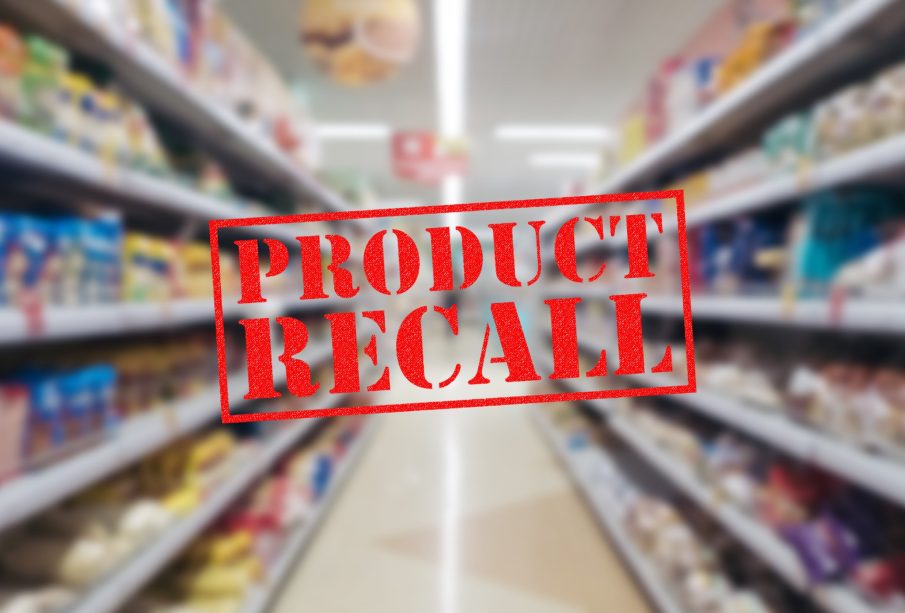Understanding Supermarket Recalls and Their Importance

Introduction
Supermarket recalls have become an increasingly important topic for consumers, as they can directly impact health and safety. These recalls often stem from contamination or mislabelling issues that can affect thousands of products. Understanding the implications of supermarket recalls is crucial for shoppers looking to safeguard their families and make informed purchasing decisions.
Current Events in Supermarket Recalls
In recent weeks, several high-profile supermarket chains in the UK have issued product recalls in response to potential health hazards. One significant example includes the recall of a popular brand of frozen vegetables that were found to contain traces of undeclared allergens. Consumers were advised to return the products to stores for a full refund, highlighting the importance of vigilance while shopping.
Additionally, a major meat supplier recently recalled minced beef products after concerns were raised about the potential presence of E.coli bacteria. Health officials warned that consuming contaminated products could lead to serious health issues, including gastrointestinal illnesses. These instances stress the need for effective quality control measures within food supply chains.
How to Stay Informed
It’s vital for consumers to stay informed about supermarket recalls. The UK Food Standards Agency (FSA) regularly updates its website with information about food recalls, allowing shoppers to check whether any products they have purchased are under recall. Furthermore, supermarkets often provide notifications through their own websites, email newsletters, and social media channels.
Conclusion
As food safety continues to be a pressing concern, supermarket recalls will remain relevant for shoppers. It is essential for consumers to actively monitor recalls and stay educated about the products they buy. By doing so, they can protect themselves and their families from potential health risks. Retailers also have a responsibility to ensure that their products are safe and properly labelled, reinforcing the importance of consumer trust in the food supply chain.








